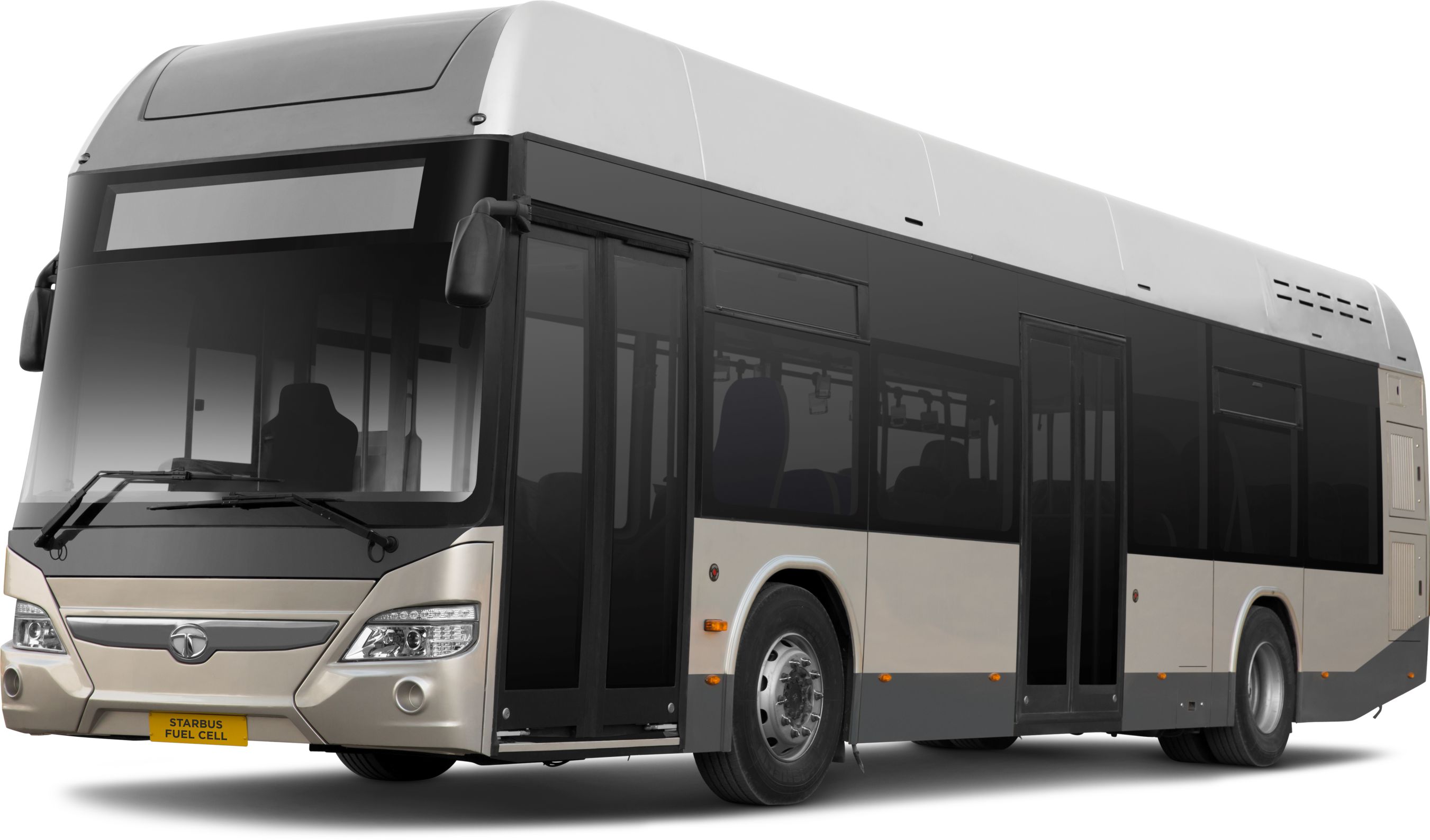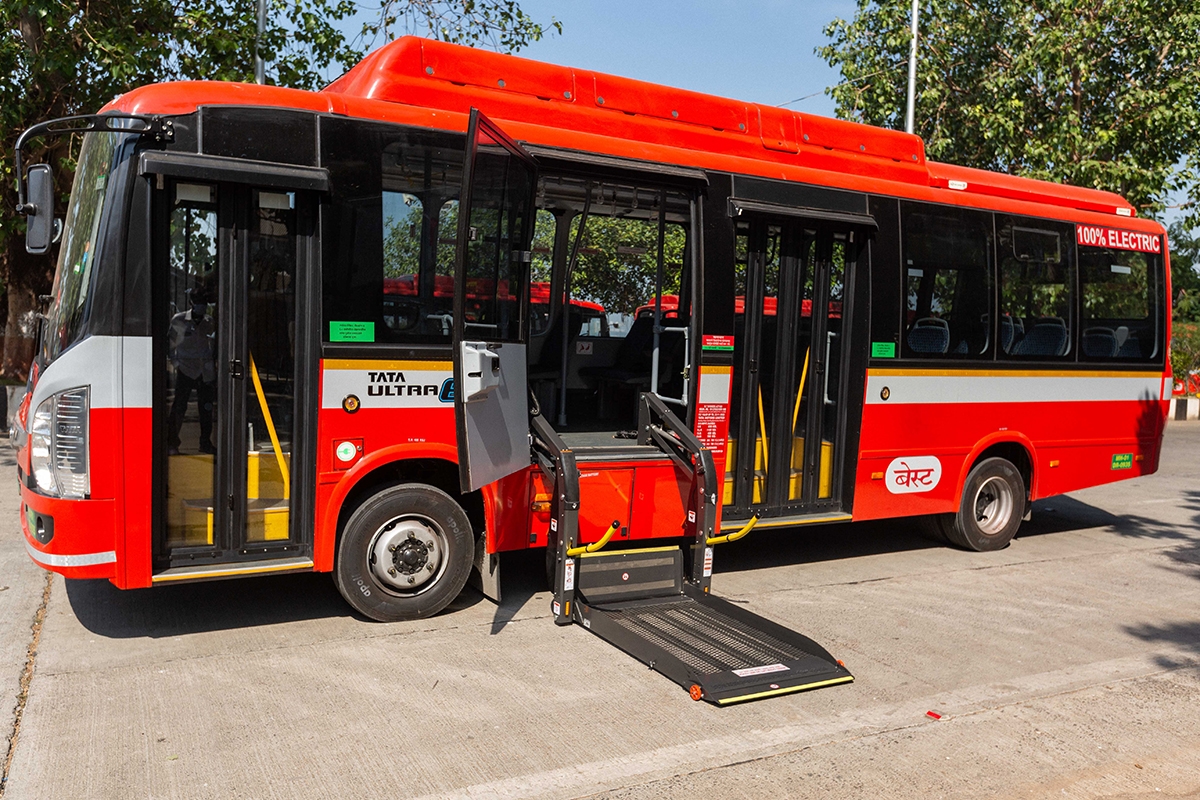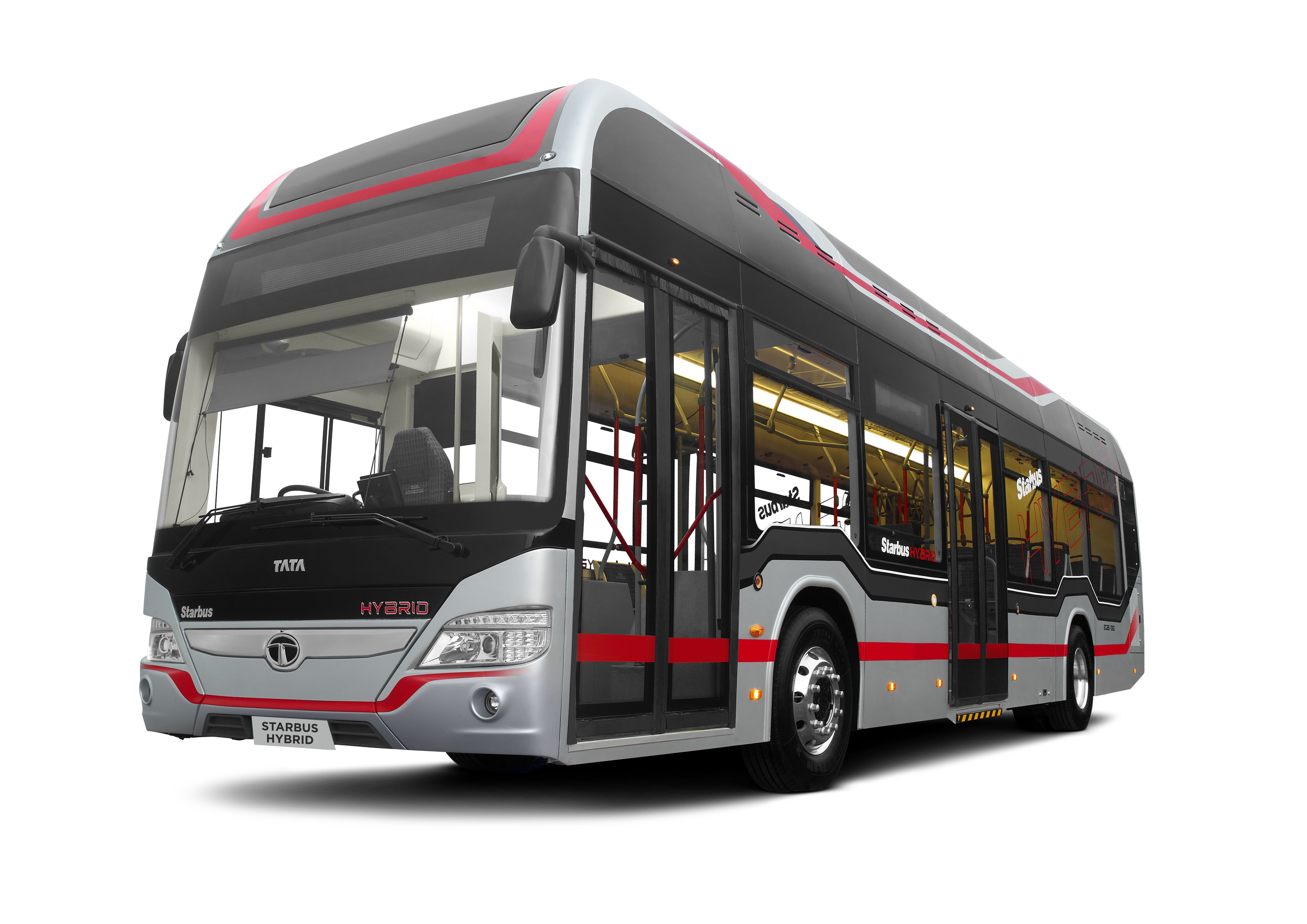Supreme Court Dismisses Tata Motors’ Plea, Dealing Setback in Mumbai Electric Bus Tender

Supreme Court Dismisses Tata Motors’ Plea, Dealing Setback in Mumbai Electric Bus Tender
Tata Motors, a major automobile manufacturer, faced a significant setback when the Supreme Court of India issued a ruling on May 19. The court dismissed Tata Motors’ plea challenging its disqualification from a tender to supply 1400 electric buses to Mumbai.
The ruling implies that Tata Motors’ bid to supply electric buses for the Mumbai tender has been unsuccessful. The details regarding the reason for disqualification were not specified in the information provided. This ruling is likely to have implications for its involvement in the electric vehicle market, particularly in the public transportation sector.

The Supreme Court’s decision reflects the legal outcome of the dispute between Tata Motors and the relevant authorities regarding the tender process. This setback highlights the challenges and competitive nature of the electric vehicle industry, where companies strive to secure contracts and establish their presence in this emerging market.
The contract for supplying 1400 electric buses to Mumbai was awarded to Evey Trans by the Brihanmumbai Electric Supply and Transport (BEST). This decision had been a source of contention for Tata Motors. However, the Supreme Court upheld BEST’s decision, dismissing Tata Motors’ plea and marking a significant setback for the company in its aspirations for the electric bus market.
The court’s ruling confirms that Evey Trans will be responsible for fulfilling the contract to provide electric buses to Mumbai. Tata Motors’ efforts to secure the contract were ultimately unsuccessful, and the company will not be involved in this particular project. This outcome highlights the competitiveness of the electric vehicle market and the challenges companies face in securing contracts and expanding their presence in the sector.

The ruling signifies a blow to Tata Motors’ ambitions and plans in the electric bus market, as the Mumbai contract could have served as a significant opportunity for the company. Nonetheless, Tata Motors may continue to explore other avenues and opportunities in the electric vehicle industry to establish its position in this rapidly evolving market.
The Supreme Court’s ruling not only rejected Tata Motors’ plea but also overturned a previous Bombay High Court order that had directed BEST to issue a fresh tender for the contract. This decision firmly upholds BEST’s authority in awarding the contract to Evey Trans, leaving no room for reconsideration or a new bidding process. The court’s decision signifies the finality of BEST’s decision and solidifies Evey Trans’ position as the awarded party for the contract to supply 1400 electric buses to Mumbai.
With the Supreme Court’s ruling, Tata Motors’ efforts to challenge the tender decision have come to an end. The company will not have an opportunity to participate in the contract, and Evey Trans will proceed as the designated supplier for the electric buses. This outcome underscores the importance of adhering to the decisions made during the tender process and the finality of such decisions in the legal system.

As of now, Tata Motors has not issued an official statement in response to the court’s decision on the tender for electric buses in Mumbai. The company’s response and any potential future course of action are eagerly awaited by investors and industry observers. The outcome of this ruling is likely to have implications for Tata Motors’ aspirations and plans in the electric vehicle market.
Meanwhile, in trading on the National Stock Exchange (NSE), Tata Motors stock was quoted at Rs 520.40 at noon, indicating a 2.35% increase from the previous closing price. The stock’s performance reflects the market’s reaction to the court’s decision and the company’s prospects in light of this setback. The response of investors and market participants will continue to be monitored as the implications of the ruling become clearer.
The court’s decision and Tata Motors’ subsequent actions will shape the company’s strategy in the electric vehicle segment, as well as its engagement with future tenders and projects in the sector. The market will closely watch for any updates or statements from Tata Motors regarding its stance and potential next steps following this ruling.

The recent Supreme Court ruling dismissing Tata Motors’ plea and upholding BEST’s decision regarding the tender for electric buses in Mumbai marks a significant setback for the company. Tata Motors had contested its disqualification from the tender and sought a fresh bidding process, but the court’s decision firmly affirms BEST’s authority and leaves no room for reconsideration.
This ruling has important implications for the company’s aspirations in the electric vehicle market. The company’s ambitions to expand its presence and secure contracts in the growing electric bus segment have faced a setback with this outcome. It underscores the challenges faced by companies in the competitive landscape of the electric vehicle industry, where securing contracts and establishing a foothold is crucial for growth.
Investors and industry observers are now eagerly awaiting Tata Motors’ response and any future course of action the company may take. The company’s official statement regarding the court’s decision will shed light on its perspective and potential strategies going forward. Moreover, the stock market’s positive response to Tata Motors’ stock reflects the market’s confidence in the company’s overall prospects despite this setback, indicating optimism about its broader business operations.




